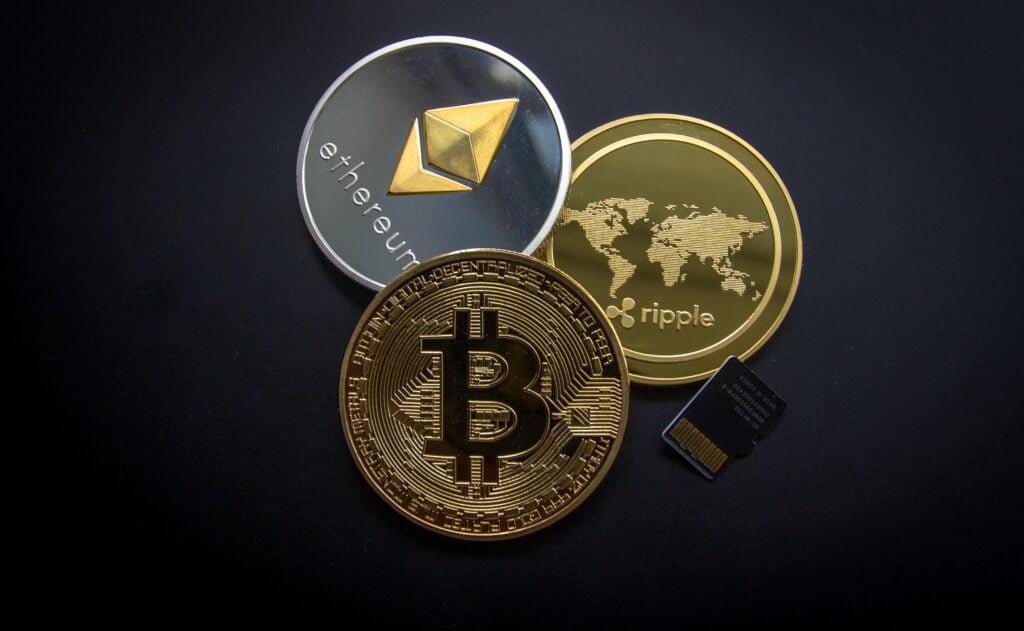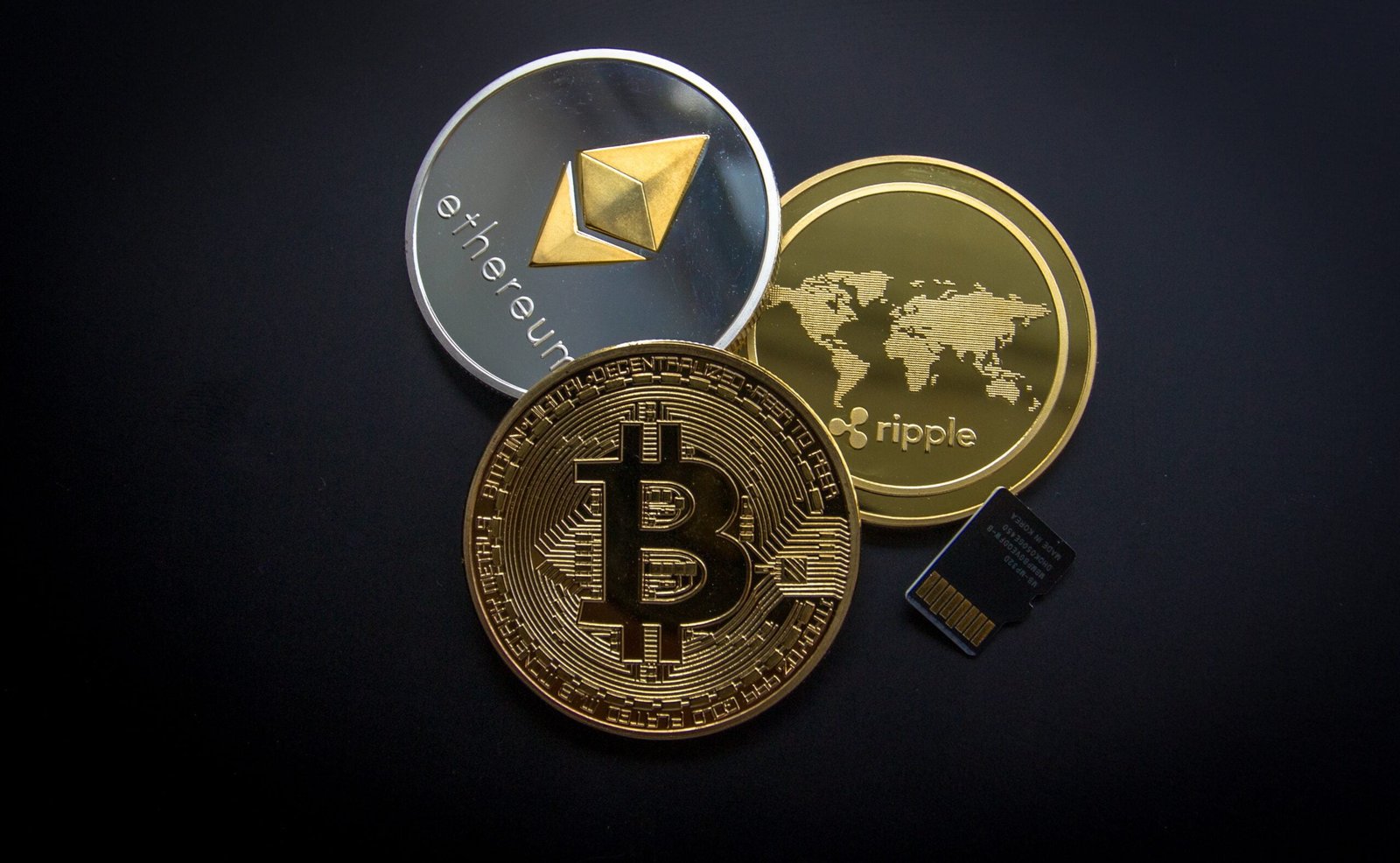After reaching a price peak in late 2017 and then declining in popularity, cryptocurrencies such as Bitcoin have experienced another significant surge in 2019 and 2020, surpassing their previous all-time highs.

As a result of this, the number of publicised hacking events has increased as well. Given that many investors are new to the system and may not understand how to keep their investments secure, hackers are devising ingenious methods of stealing funds. Some of the most visible thefts have occurred in plain sight: some hacks even openly reroute tokens bound for one wallet to another. The victims watch as their tokens are taken from them with nothing they can do.
Bitcoins are stored in a wallet, just like we keep cash or credit cards in a physical wallet. The digital wallet can be hardware or software-based. The wallet can also be stored on a mobile device, a computer desktop, or by printing the private keys and access addresses on paper. But, how secure are these digital wallets? The answer is dependent on how the user manages his or her wallet. Every wallet contains a set of private keys that the bitcoin owner cannot access without. The most serious threat to bitcoin security is an individual user losing or having their private key stolen. The user will never see her bitcoins again if she does not have the private key. Aside from losing the private key, a user can also lose her bitcoin due to computer malfunctions (hard drive crashes), hacking, or physically losing the computer where the digital wallet is stored.
We’ll look at some of the best ways to safely store bitcoin below.
Hot Wallet
Online wallets are also referred to as “hot” wallets. Hot wallets are wallets that operate on internet-connected devices such as computers, smartphones, and tablets. Because these wallets generate the private keys to your coins on these internet-connected devices, this can lead to vulnerability. While a hot wallet can be very convenient in terms of quickly accessing and transacting with your assets, it also lacks security.
This may appear implausible, but people who do not use adequate security when using these hot wallets risk having their funds stolen. This is not an uncommon occurrence, and it can occur in a variety of ways. For instance, bragging on a public forum like Reddit about how much Bitcoin you have while using little to no security and storing it in a hot wallet is not a good idea.
These wallets are designed to hold small amounts of cryptocurrency. A hot wallet is analogous to a checking account. According to conventional financial wisdom, you should keep only your spending money in a checking account and the rest in savings or other investment accounts. The same can be said about hot wallets. Hot wallets include mobile, desktop, web, and the majority of exchange custody wallets.
It is important to note that storing cryptocurrency in an exchange wallet differs from storing it in your personal wallet. Exchange wallets are exchange-provided custodial accounts. The owner of the private key to the cryptocurrency stored in this wallet is not the user of this wallet type.
Your funds would be lost in the event that the exchange was hacked or your account was compromised. Because cryptocurrency exchanges do not provide SIPC or FDIC insurance, safe cryptocurrency storage is critical. The phrase “not your keys, not your coin” is frequently heard in cryptocurrency forums. As previously stated, it is not advisable to keep large amounts of cryptocurrency in any hot wallet, particularly an exchange account. Instead, it is advised that you transfer the majority of your funds to your personal “cold” wallet (explained below). Coinbase, Gemini, Binance, and many other exchange accounts are available.
While these wallets are connected to the internet, creating a potential attack vector, they are still very useful for making quick transactions or trading cryptocurrency.
Cold Wallet
Cold wallets are the next type of wallet and the safest option for storage. A cold wallet is simply a wallet that is not connected to the internet and thus has a much lower risk of being compromised. These wallets are also known as offline wallets or hardware wallets.
These wallets store a user’s address and private key on a device that is not connected to the internet, and they typically include software that works in parallel so that the user can view their portfolio without exposing their private key.
A paper wallet is possibly the most secure way to store cryptocurrency offline. A paper wallet is a cold wallet that you can create using specific websites. It then generates both public and private keys, which you can print out on paper. You can only access cryptocurrency in these addresses if you have that piece of paper. Many people laminate these paper wallets and keep them in bank safe deposit boxes or in their home safe. A piece of paper and the blockchain serve as the only user interface for paper wallets.
A hardware wallet is typically a USB drive that securely stores a user’s private keys. This has a significant advantage over hot wallets in that it is unaffected by viruses that may be present on one’s computer because private keys are never in contact with your network-connected computer or potentially vulnerable software. These devices are also typically open-source, allowing the community to determine their safety rather than a company declaring their safety.
Cold wallets are the most secure method of storing Bitcoin or other cryptocurrencies. However, they generally necessitate a bit more knowledge to set up. Anyone interested in owning cryptocurrency must first learn about safe storage and the concepts of both hot and cold wallets.
Physical Coins
Services are emerging that enable Bitcoin investors to purchase physical Bitcoins. The coin you buy will have a tamper-proof sticker on it that covers a predetermined amount of Bitcoin. Due to the cost of the coin’s manufacture and shipment, you may need to pay a slight premium over the value of the Bitcoin that you’re purchasing in order to purchase the physical coin.
Other Security Measures
Backup
Backup your entire bitcoin wallet frequently and early. A history of regular backups may be the only way to recover the currency in the digital wallet in the event of a computer failure. Make a backup of all wallet.dat files and store it in multiple secure locations (like on a USB, on the hard drive, and on CDs). In addition, create a strong password for the backup.
Updates to Software
Maintain the most recent version of your software. A wallet that is running outdated bitcoin software can be a tempting target for hackers. The most recent version of wallet software will have a stronger security system in place, increasing the security of your bitcoins. Because of the enhanced security of the wallet, if your software is updated with the latest security fixes and protocol, you may be able to avoid a major crisis. To keep your bitcoins safe, keep your mobile device or computer operating systems and software up to date.
Multi-Signature
The concept of a multi-signature has gained some traction; it entails obtaining approval from a group of people (say, 3 to 5) before a transaction can take place. As a result, the threat of theft is reduced because a single controller or server cannot carry out the transactions (i.e., sending bitcoins to an address or withdrawing bitcoins). People who can transact are chosen at the start, and when one of them wants to spend or send bitcoins, others in the group must approve the transaction.
Summery
- Users may lose bitcoin and other cryptocurrency tokens due to theft, computer failure, key loss, and other factors.
- Cold storage (or offline wallets) is one of the safest ways to store bitcoin because it is not accessible via the Internet, but hot wallets are still convenient for some users.
- Those looking for the most secure storage should consider using a hardware wallet for all long-term Bitcoin and cryptocurrency storage.
Reference
- What Are the Safest Ways to Store Crypto – Experian
- How to Safely Store Cryptocurrency – The Motley Fool
FAQ
What is the most secure way to keep Bitcoin?
Which Bitcoin wallet is the most secure?
Is keeping Bitcoin in a wallet secure?
Can cold wallets be hacked?
Where should I store My crypto?
Disclaimer: Investing in cryptocurrencies and other Initial Coin Offerings (“ICOs”) is extremely dangerous and speculative, and this article is not a recommendation by shonali18.com or the author to do so. Because every person’s circumstance is different, a knowledgeable specialist should always be consulted before making any financial decisions. shonali18.com makes no representations or warranties about the accuracy or timeliness of the material provided on this website.

